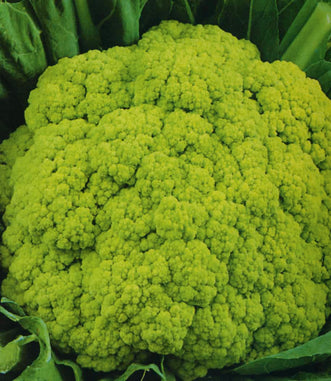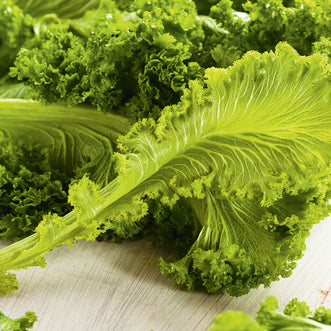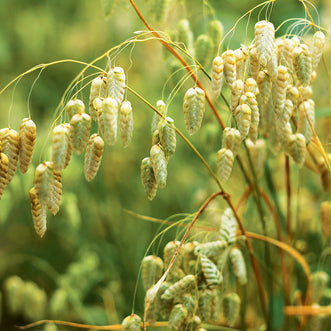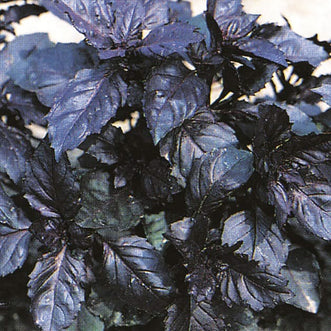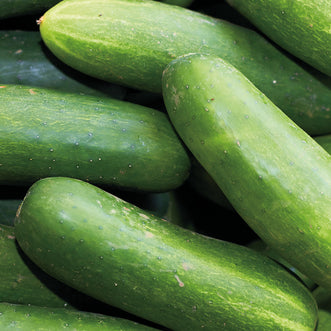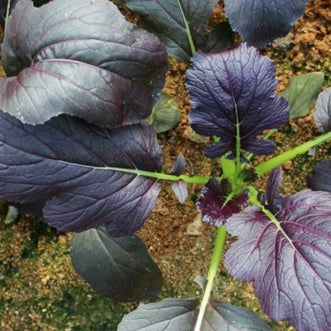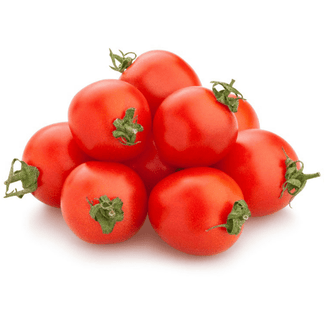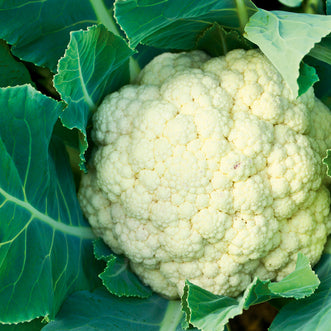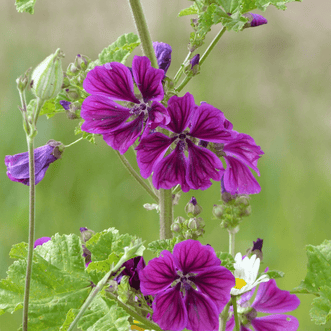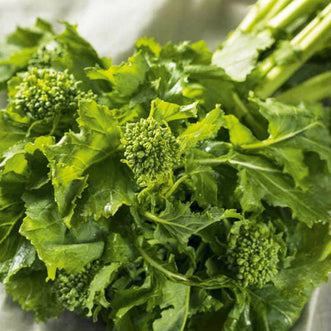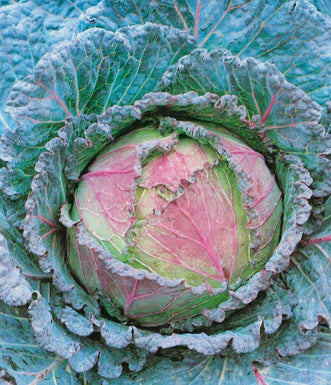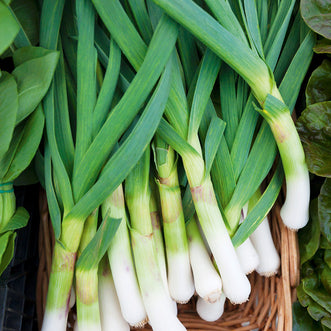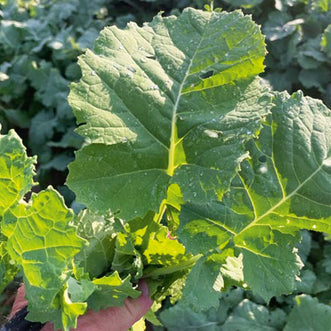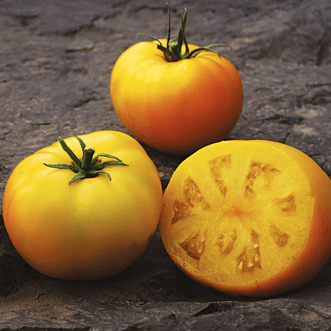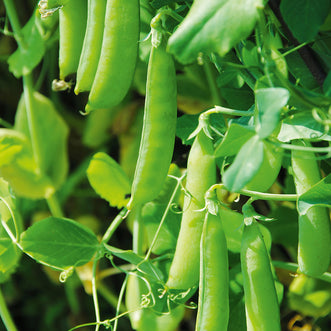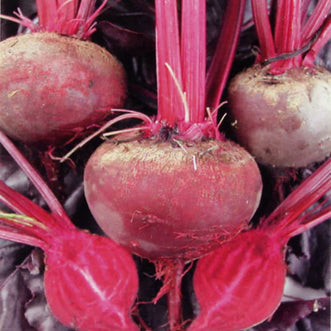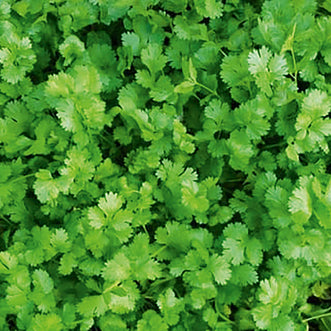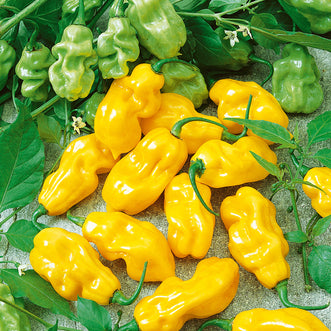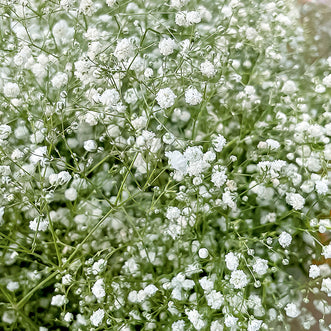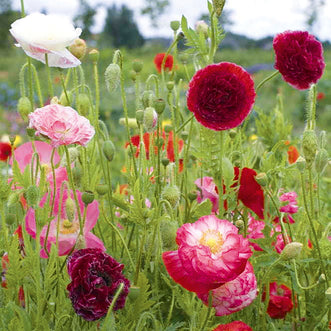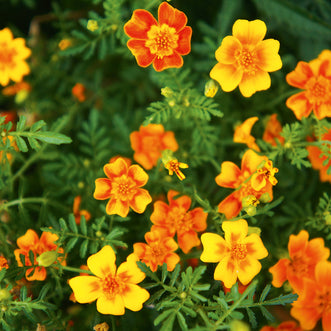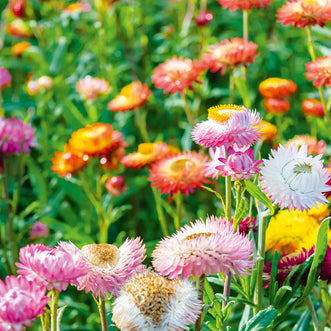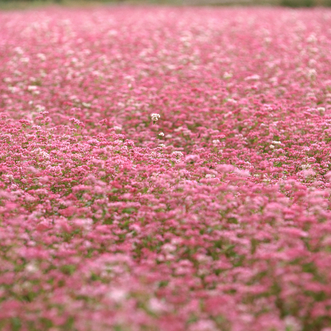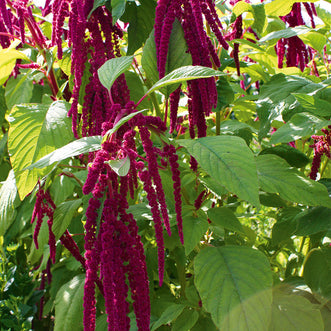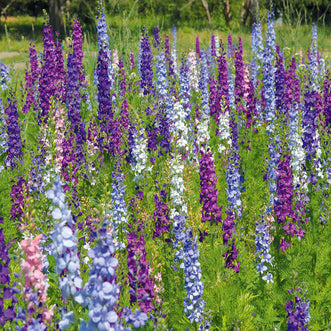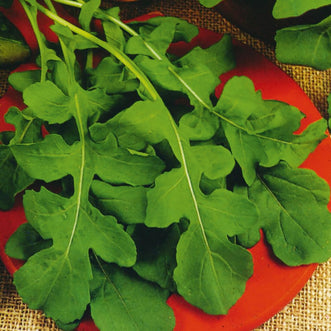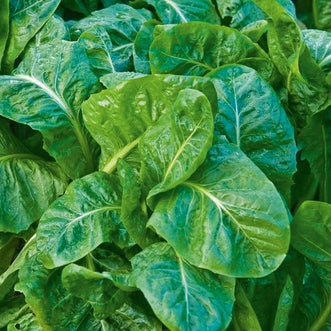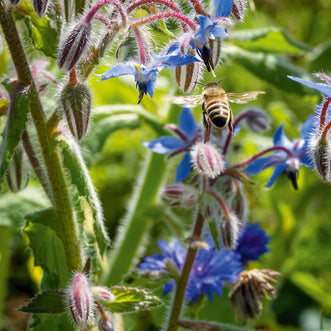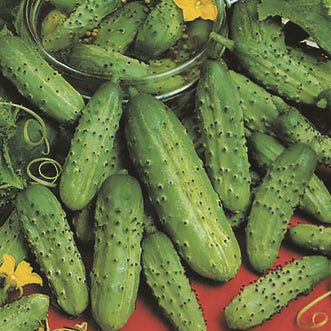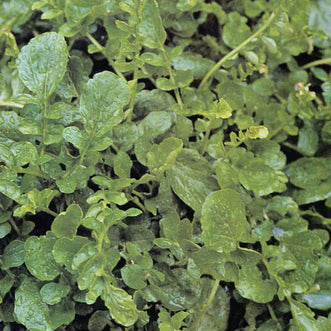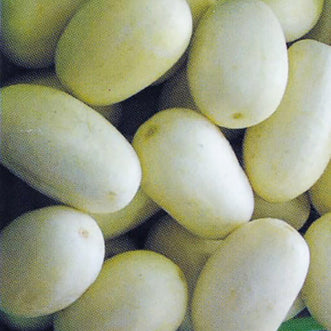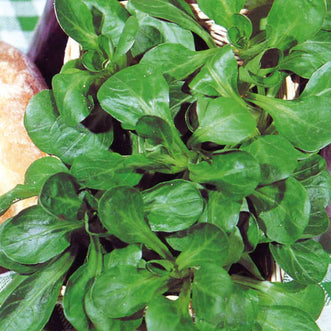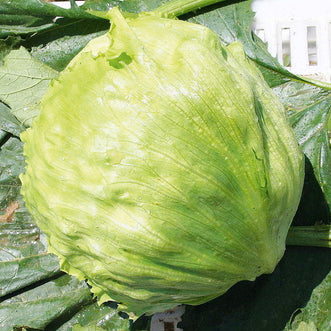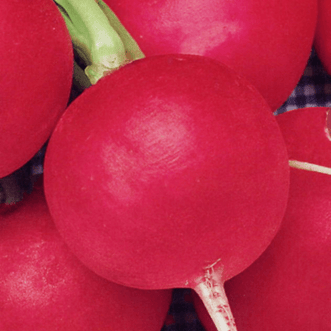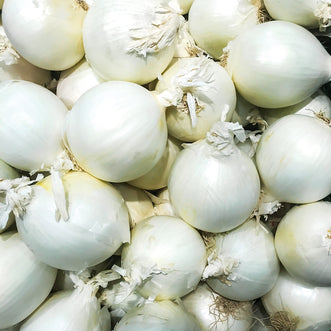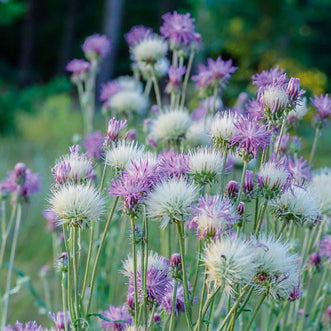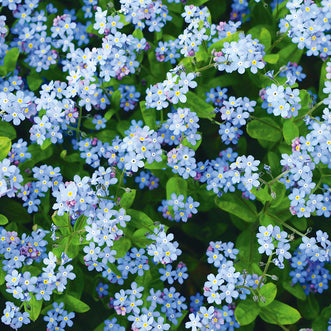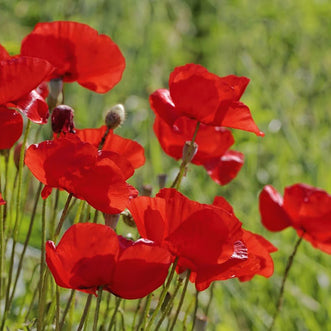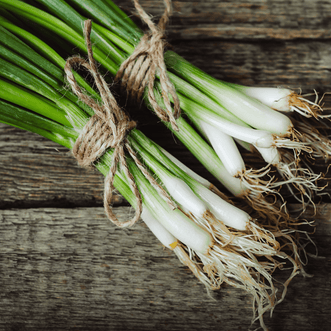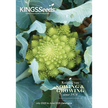How To Grow Watermelon - Kings Seeds
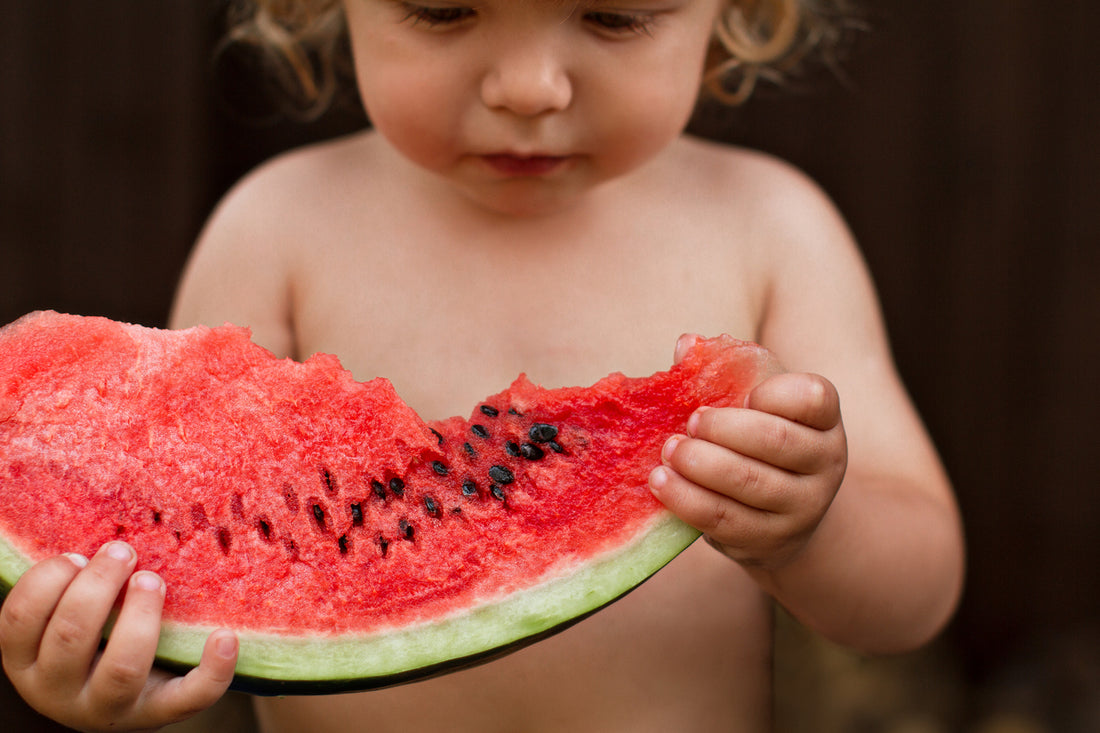
The sun is shining, the days are longer and nothing says refreshing like a juicy slice of watermelon. If you're in New Zealand and dreaming about growing your own watermelon, you're not alone! This delicious fruit is not only a summer favourite, but it's also surprisingly easy to grow in your backyard, especially with the right preparations. So, grab your gardening gloves and let's dive into the wonderful world of growing gorgeous watermelons!
Garden Prep for Growing Watermelons in New Zealand
Before you plant your watermelon seeds, proper preparation of your garden is key. Watermelons thrive in well-draining, sandy loam or loamy soil, rich in organic matter. Choose a sunny spot in your garden, as watermelons love lots of warmth and need plenty of sunlight to grow. Ideally, aim for a site that receives at least 8-10 hours of direct sun each day.
Start by clearing the area of any weeds and rocks. If your soil is compacted, loosen it by digging to a depth of about 30 cm. Consider adding compost or well-rotted manure to improve soil fertility; this will give your watermelon plants a nutrient boost. A pH level between 6.0 and 6.8 is optimal, so you might want to test your soil beforehand. You can also consider pre-warming your soil to assist with getting these heat-loving plants to flourish faster.
Sowing Watermelon Seeds
Once you've prepared your garden bed, it's time to sow the seeds! The best time to plant watermelon in New Zealand is from late September to early November, just as the spring temperatures begin to warm up consistently. This timing ensures that your watermelons will benefit from the summer sun.
If you're starting from seed, sow them directly into the ground about 2 cm deep and about 100 cm apart. Watermelon seeds are quite large, so they're easy to handle. If conditions aren't conducive to direct sowing, you can start seeds indoors in wool pots 4-6 weeks earlier and then transplant them into your garden once the risk of frost has passed.
The Best Place to Plant Watermelon Seeds
Selecting the right spot is essential for healthy watermelon growth. Ensure that the location you choose is both sunny and sheltered from strong winds. If you're working with a smaller garden, consider growing watermelons vertically using a trellis and lots of support. Not only does this save space, but it also helps improve air circulation around the plants, which is beneficial for preventing diseases. Just ensure you can support any hanging fruit as it grows with old pantyhose, rope hammocks or old t-shirts, etc.
Care & Maintenance of Watermelon Plants
Once your seeds are sown, the fun begins! Watermelon plants require consistent moisture, especially during their early growth stages. However, it's crucial to avoid waterlogging as this can lead to root rot. Mulching around your plants can help retain moisture while also suppressing weeds.
Fertilising is another important aspect of care. After the seedlings have developed their first true leaves, you can apply a balanced fertiliser every few weeks, such as seaweed and herb concentrate, to promote vigorous growth. Additionally, be vigilant for pests like aphids, which can munch on your plants. Use organic pest control methods if needed, and always check for signs of disease.
Harvesting Watermelons: How Do You Know If a Watermelon is Ripe?
The moment we've all been waiting for—harvesting! The time it takes for a watermelon to grow can vary from 80 to 100 days after planting, depending on the variety. Look for several signs to determine if your watermelon is ripe. The tendril closest to the fruit will turn brown and dry out, the surface should have a uniform colour, and the bottom spot, where it was resting on the ground, should be a creamy yellow colour. Lastly, give it a gentle tap; a ripe watermelon will produce a deep, hollow sound.

Watermelon Growing Tips
1. Choose the Right Variety: Popular varieties in New Zealand include 'Sugar Baby,' 'Crimson Sweet,' and 'Moon and Stars.' Each has unique flavours and characteristics, so consider trying a few!
2. Plant in Groups: Watermelons are cross-pollinating. Female flowers need male pollen for fruit to form. Plant in groups with pollinator-friendly flowers, such as borage, nasturtium, and marigolds, to attract pollinators like bees.
3. Water During Flowering: Ensure consistent watering during the flowering phase to promote fruit set.
4. Avoid Overcrowding: Given their size, ensure ample space between plants for optimal growth and air circulation.
Growing Watermelons in NZ: Step-By-Step
Here's a quick overview to help you remember the essential steps:
1. Prepare garden soil by clearing and enriching it.
2. Choose a sunny spot and sow watermelon seeds in late spring.
3. Maintain consistent watering and apply fertiliser regularly.
4. Monitor for pests and diseases.
5. Harvest when ripe by checking colour and sound.
Bravo! You've got all the tools you need to grow delicious watermelons right at home.
Growing Watermelons FAQs
What time of year do you plant watermelon in NZ
In New Zealand, it’s best to plant watermelon seeds in late spring to early summer, around September to December once the soil temperature is over 20C. This timing allows the plants to benefit from warm weather, ensuring successful germination and growth during the summer months.
How long does a watermelon take to grow?
Watermelons typically take 80 to 100 days to grow from planting to harvest, depending on the variety. They need a warm growing environment, so ensure you provide the right conditions for optimal growth, including proper soil and watering.
Do watermelons need light to grow?
Yes, watermelons require full sun for optimal growth. They need at least 8 to 10 hours of direct sunlight daily to produce healthy fruit. Adequate sunlight helps the plants photosynthesise effectively, contributing to their growth and sweet flavour.
Growing watermelons in your garden is rewarding and a perfect way to enjoy fresh, sweet produce during the warmer months. With a little preparation, care, and as much sunshine as you can provide, you'll soon be the proud owner of plump, juicy watermelons you'll be talking about for years to come. Make sure you check out our range of melons from organic, heirloom to hybrid and gold to red. We have a great selection on offer. Yum!

